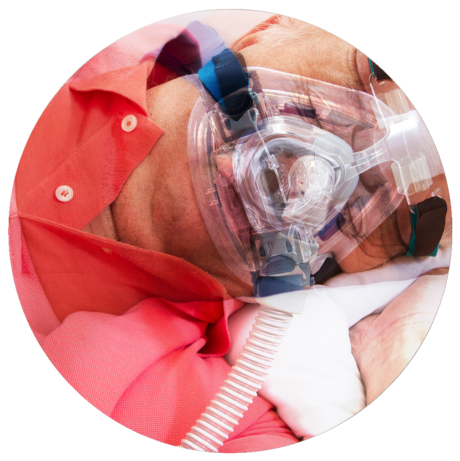Tutorial presented by Dr Jon Underwood, Infectious Diseases and Acute Medicine Consultant
This tutorial follows the tutorial from Dr Babu Muthuswamy, linked below.
The RECOVERY trial (pre-print, linked below) randomised trial participants with hypoxia (SpO2 <92% on air or requiring oxygen therapy) and C-reactive protein ≥75 mg/L in to standard of care versus usual standard of care plus tocilizumab.
The trial demonstrated that tocilizumab (in conjunction with corticosteroids) reduces the risk of death when given to hospitalised patients with severe COVID-19, about 55% of whom were receiving non‑invasive or mechanical ventilation. Twenty nine percent of the patients in the tocilizumab group died within 28 days compared with 33% patients in the usual care group, an absolute difference of 4% (rate ratio 0.86, 95% confidence interval [CI] 0.77 to 0.96, p=0.007). This means that for every 25 patients treated with tocilizumab, one additional life would be saved.
The drug is likely to be most beneficial in a deteriorating patient, before they need mechanical ventilation or non-invasive ventilation.
For patients who have received tocilizumab and recovered, it is important that this is communicated to the patient and their GP, because the patient’s CRP response is suppressed for weeks afterwards, so other biomarkers should be used when considering a new infection. Patients should be advised to seek medical attention if they have symptoms of infection and clinicians should be aware that these may present atypically. A patient leaflet (linked below in English and Welsh), developed in Cardiff and Vale UHB, will provide this information to the patient.
For more information, check out the NICE rapid evidence summary, linked below.




